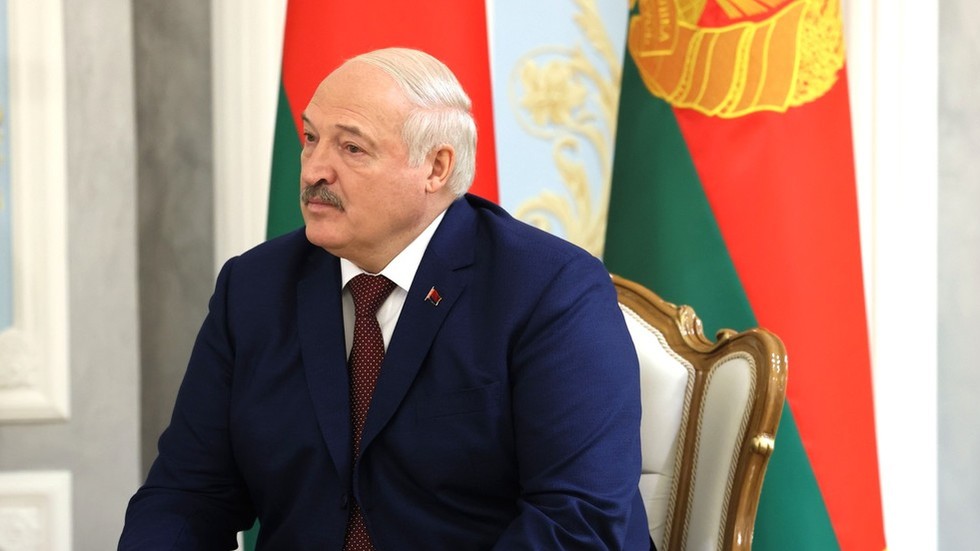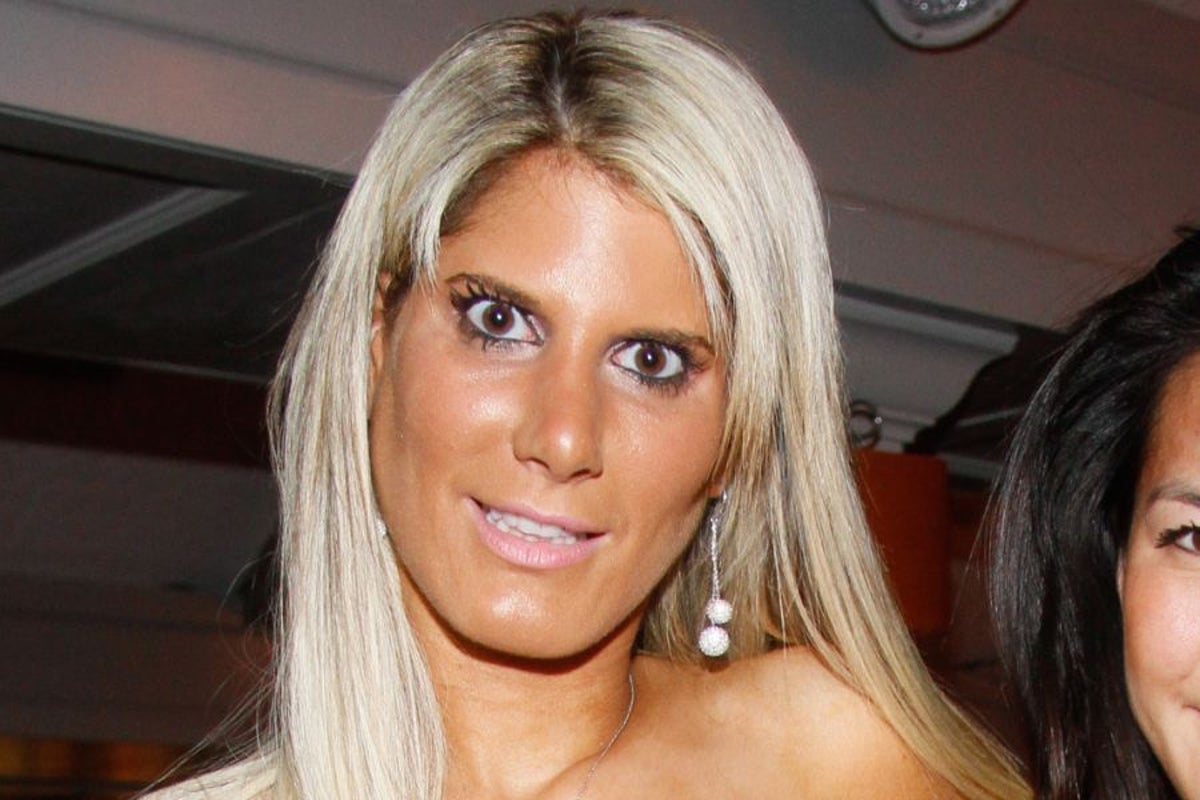By يورونيوز
Published on 21/06/2025 - 17:51 GMT+2
ADVERTISEMENT
Iran's internal and external opposition groups are facing a pivotal moment amid regional military escalation, but remain divided and unwilling to launch mass action at this time, despite their distaste for the ruling regime.
Israel is launching strikes targeting Iran's security apparatus, while Kurdish and Baluchi separatist groups in the border areas are preparing to escalate the situation internally.
The Islamic Republic is more fragile today than it has been since the 1979 revolution, but any real challenge to its rule would require a broad popular uprising, something that is still being debated among opposition forces.
Calls for change from within
In media interviews this week, Reza Pahlavi, the US-based son of the late Shah, declared his desire to lead a political transition, describing the current situation as a "historic opportunity" for regime change.
For his part, Israeli Prime Minister Benjamin Netanyahu emphasised that ending the Iranian regime is one of the goals of the war, noting that Israel is "paving the way for your freedom", in a message to the Iranian people.
Civilians fearful of escalation
Inside Iran, where the regime is accustomed to suppressing dissent, the Basij forces announced they had put their units on alert. Mohammad Amin, a Basij member in the city of Qom, said his unit was put on the highest readiness to "eradicate Israeli spies and protect the regime".
Activists noted that the Israeli strikes, while targeting security structures that had crushed previous protests, led to fear and confusion among ordinary citizens, who expressed anger at both sides, Iranian and Israeli.
Activist Atena Damimi, who spent six years in Iranian prisons before leaving the country, said: "How can people be expected to take to the streets? In such terrifying circumstances, people only focus on saving themselves, their families, their friends and even their pets."
Nobel Peace Prize-winning activist Narges Mohammadi echoed Damimi's remarks, writing in a social media post in response to Israel's call for civilians to evacuate parts of Tehran: "Don't destroy my city."
2022 protests are faint echoes today
Two Iranian activists - who were among the hundreds of thousands of people who took part in mass protests two years ago following the death of Mahsa Amini in detention -have expressed their unwillingness to take part in new protests now.
A university student in Shiraz (who is withholding her identity for fear of reprisals) said: "After the strikes are over, we will raise our voices, because this regime is responsible for the war."
Another, who lost her university place and was jailed for five months after the 2022 protests, added that she believes in regime change, but it is not yet time to take to the streets.
She stressed that she and her friends are not planning to organise or join marches, and rejected calls from abroad to demonstrate, noting that "Israel and the so-called opposition leaders abroad are only thinking about their own interests."
External opposition and a complicated history
Among the main opposition forces outside Iran is the MEK, a revolutionary faction that played a role in the 1970s and was widely criticised for siding with Iraq during the Iran-Iraq War (1980-1988). The MEK was also accused of abuse inside its camps, which the organisation denies.
Maryam Rajavi heads the National Council of Resistance of Iran (NCRI) - a body that has ties with some Western politicians - reiterated her rejection of any return to the monarchy during a forum in Paris this week. "Neither the Shah nor the regime," she said.
Milestones of national protests
The level of domestic support for these opposition groups remains unclear. While some are nostalgic for the pre-revolutionary era, most young Iranians do not remember it today.
Iranhas seen multiple waves of national protests over various issues: In 2009, citizens protested against what they described as the 'theft of the presidential election'.
In 2017, protests focused on difficult living conditions, while in 2022, women's protests erupted over the death of Mahsa Amini.
Mir Hossein Mousavi, a former presidential candidate who was accused of fraud in the 2009 elections, has been under house arrest for years and is now 83 years old. He is calling for the system to be reformed rather than overthrowing it, a goal expressed by many protesters in subsequent movements.

 4 hours ago
3
4 hours ago
3









